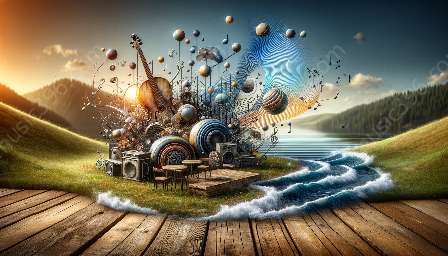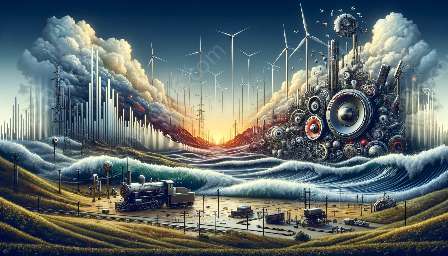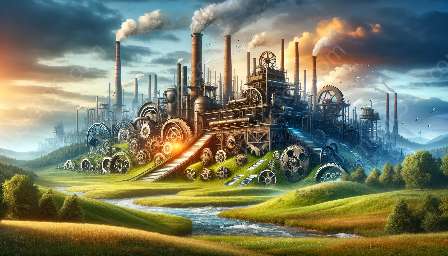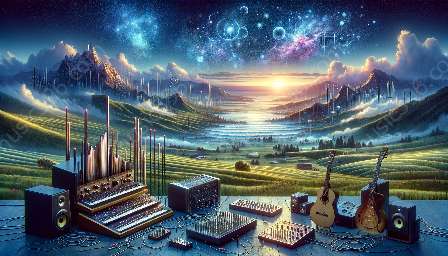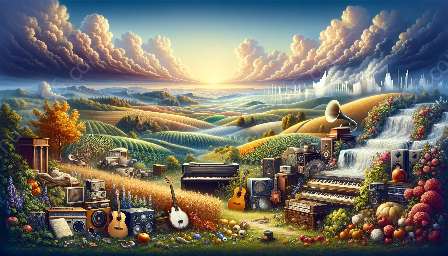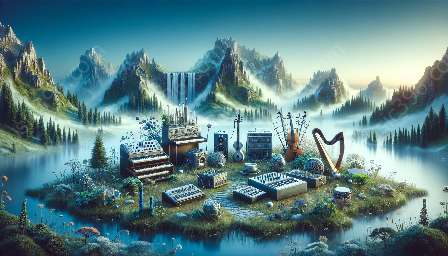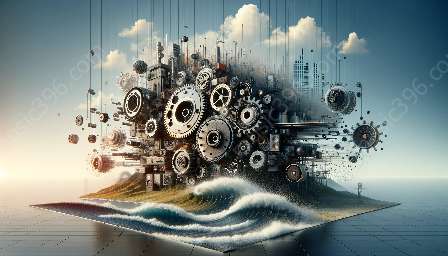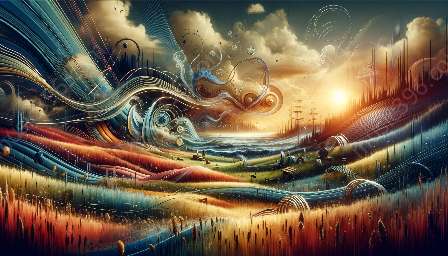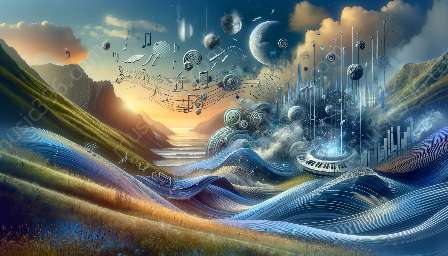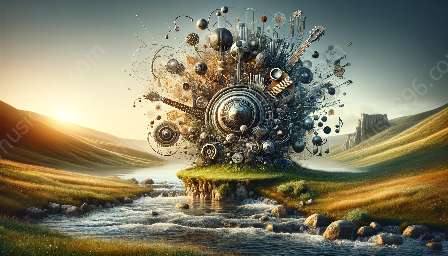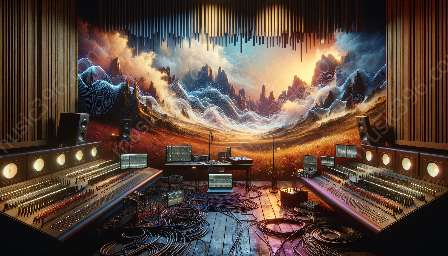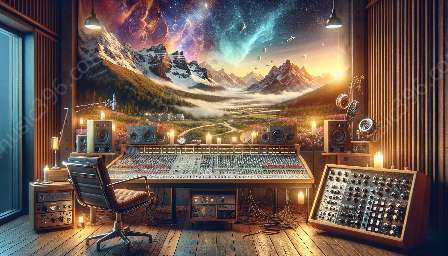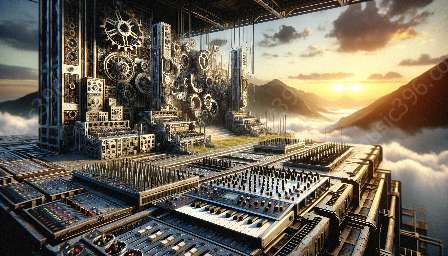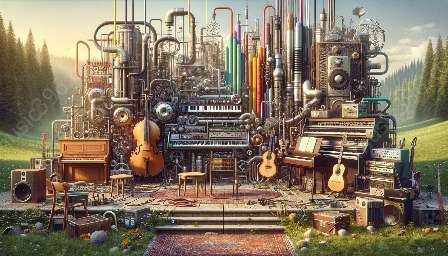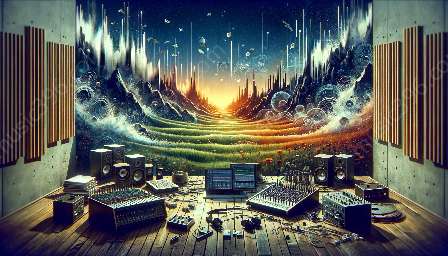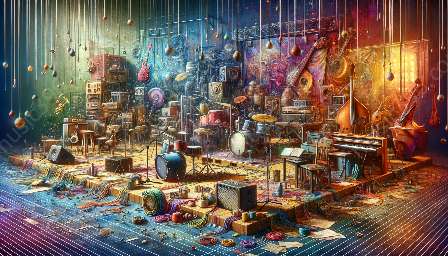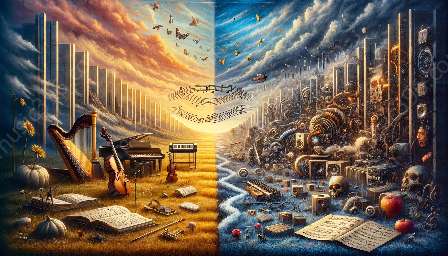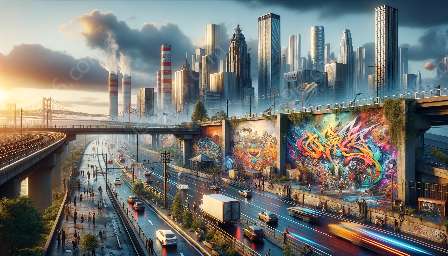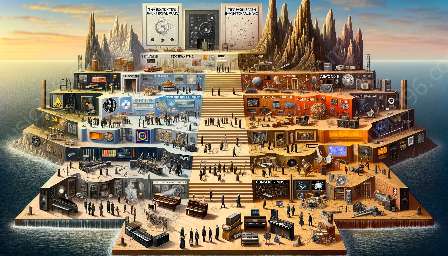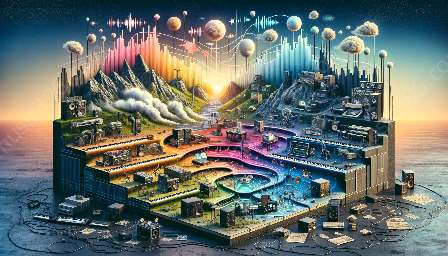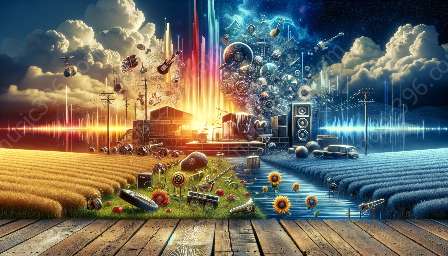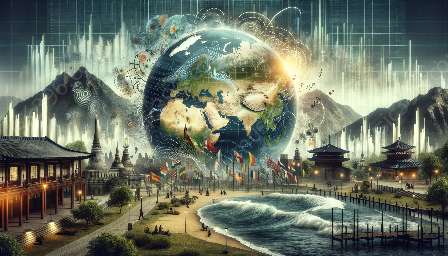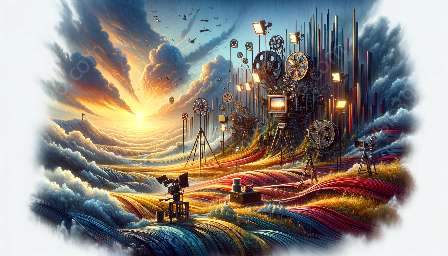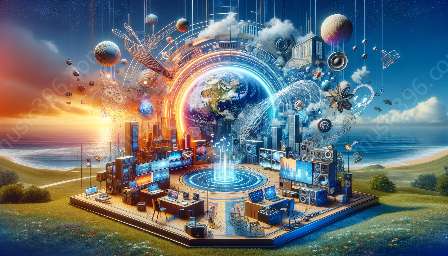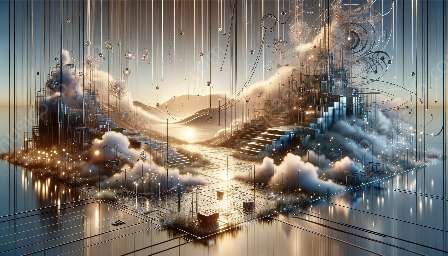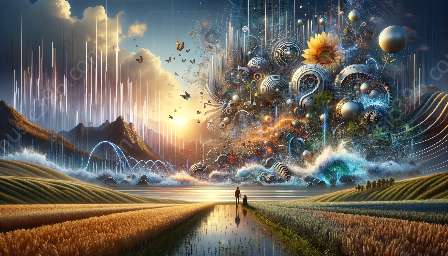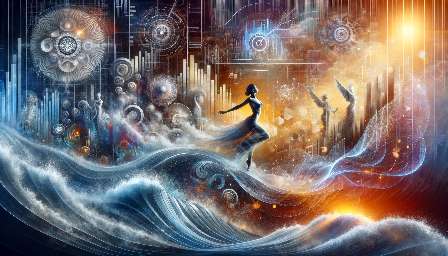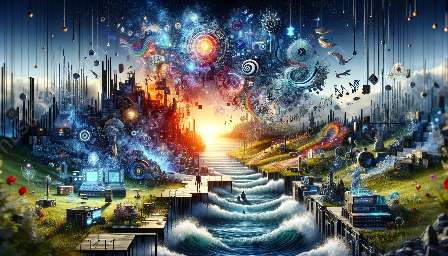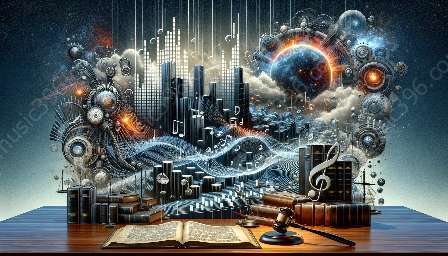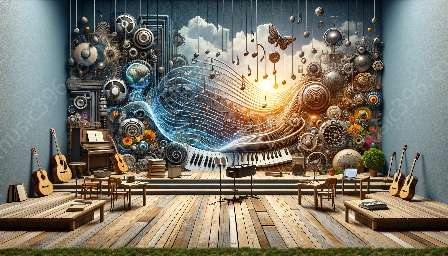Experimental music has long been at the forefront of innovation and exploration in the music industry. As technology continues to evolve, the digital age has brought new opportunities and challenges for experimental and industrial music. This topic cluster explores the influence of the digital age on experimental music and features influential experimental music artists who have embraced technology in their creative process.
Influence of the Digital Age on Experimental Music
The digital age has revolutionized the way music is created, distributed, and consumed. Experimental music, with its emphasis on pushing boundaries and challenging traditional norms, has been particularly impacted by these changes. The advent of digital recording and production tools has provided experimental musicians with unprecedented freedom to experiment with sound manipulation, sampling, and electronic synthesis.
Furthermore, the rise of the internet and social media has enabled experimental music artists to reach global audiences and connect with like-minded individuals, fostering a vibrant and diverse community of creators and fans. The accessibility of digital platforms has also democratized the process of releasing and promoting experimental music, allowing independent artists to gain visibility without relying on traditional industry gatekeepers.
Exploring the Intersection of Technology and Creativity
Key to the relationship between experimental music and the digital age is the concept of technology as a creative tool. Influential experimental music artists have embraced digital technologies as a means of expanding their sonic palettes, pushing the boundaries of traditional instrumentation, and blurring the lines between composition and sound design.
The use of digital instruments, software synthesizers, and computer-based production techniques has enabled experimental music to transcend conventional musical structures, embracing a more fluid and open-ended approach to composition. This fusion of technology and creativity has led to the emergence of new subgenres within experimental and industrial music, as well as innovative live performance practices that incorporate digital manipulation and interactive multimedia elements.
Influential Experimental Music Artists
Several influential experimental music artists have made significant contributions to the evolution of the genre in the digital age. These visionary creators have pushed the boundaries of sound, technology, and artistic expression, leaving a lasting impact on the experimental music landscape.
1. Brian Eno
Brian Eno, widely regarded as a pioneer of ambient music and a key figure in the development of experimental soundscapes, has consistently embraced technological advancements in his work. Eno's use of digital processing, generative music systems, and collaboration with software developers has expanded the possibilities of sonic experimentation, influencing generations of electronic and experimental musicians.
2. Björk
Björk's innovative approach to music production and performance has consistently incorporated cutting-edge digital technologies. Her use of custom digital instruments, electronic manipulation of vocals, and immersive multimedia experiences has redefined the boundaries of experimental music, integrating technology as an essential element of her artistic vision.
3. Autechre
The electronic duo Autechre has continually blurred the line between human creativity and machine-generated sounds, leveraging complex algorithms and custom software to craft intricate and otherworldly sonic landscapes. Their exploration of algorithmic composition and digital processing techniques has established them as trailblazers in the intersection of experimental music and technology.
The Impact of Technology on Experimental & Industrial Music
Industrial music, with its roots in avant-garde and experimental traditions, has undergone a transformative evolution in the digital age. The integration of electronic production tools, industrial noise generators, and digital sampling methods has facilitated the creation of immersive and confrontational sonic experiences that defy traditional genre categorization.
Within the realm of experimental and industrial music, the digital age has also given rise to a new wave of DIY experimentation, as artists harness digital platforms to engage in collaborative and cross-disciplinary projects. This convergence of music, technology, and multimedia art has expanded the possibilities for creating immersive, multimedia experiences that challenge conventional boundaries and expectations.
Conclusion
Experimental music and the digital age are inextricably linked, with technology serving as a catalyst for innovation, experimentation, and boundary-pushing creativity. The contributions of influential experimental music artists and the impact of digital tools on the evolution of experimental and industrial music underscore the dynamic and ever-evolving nature of the intersection between technology and artistic expression.

